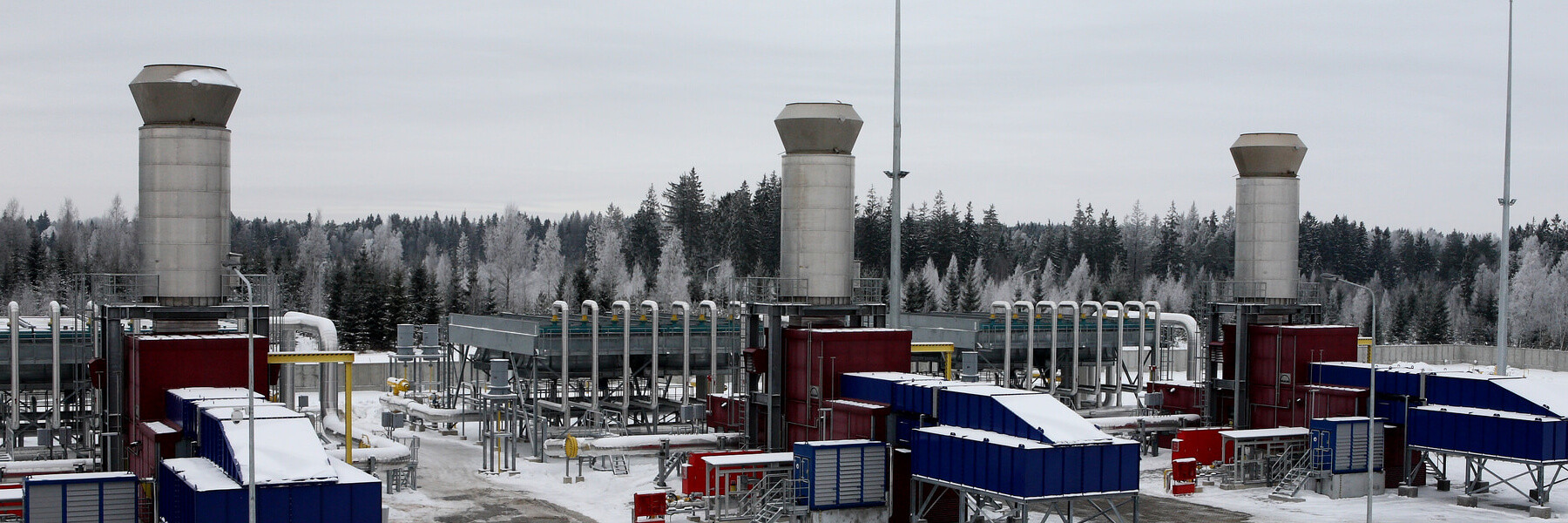Mission
ENTSOG continues its work as a proactive, trusted adviser on gas transmission related topics on a European level, to support the achievement of the EU goals of competitiveness, security of supply and sustainability. ENTSOG recognises the urgency to diversify gas supply, to enable a robust and uninterrupted energy delivery, but also the necessity of grids’ readiness for renewable and low carbon gases. The structure of ENTSOG with the embedded expertise of its members, as well as of its Brussels office team, facilitates the further development of the European gas markets and the future of gas grids.
ENTSOG works to meet the goals of the European Green Deal, including legislative initiatives within the 'Fit for 55' package, Hydrogen and Decarbonised Gas Market package (Directive (EU) 2024/1788 and Regulation (EU) 2024/1789), the REPowerEU Action Plan and the ambitions of the Clean Industrial Deal.
Many of ENTSOG's main regulatory tasks are assigned by Regulation (EU) 2024/1789.

Please see the schematic via this link
Read more about why ENTSOG was established below.
Mission
ENTSOG WAS ESTABLISHED WITH SPECIFIC OBJECTIVES
Promote the completion of the internal market for gas and stimulate cross-border trade
Ensure the efficient management and coordinated operation of the European gas network
Facilitate the European network's sound technical evolution
OUR TASKS
ENTSOG's main tasks since its foundation in 2009 until 2024 were defined within European Gas Regulation (EC) 715/2009.
Network codes
The network codes developed by ENTSOG set out the rules for gas market integration and system operation and development, covering subjects such as capacity allocation, network connection and operational security. The process begins with a request from the European Commission (EC) to ACER (Agency for the Cooperation of Energy Regulators) to submit a Framework Guideline. ENTSOG then develops the related network code in line with the ACER Framework Guideline, conducting extensive public consultations throughout the development process. On the EC's approval, the network code becomes legally binding, being adopted in accordance.
Network development plan
The TYNDP provides a picture of European gas infrastructure and future developments and includes modelling of the integrated gas network based on a range of development scenarios. It also includes a European supply adequacy outlook and assessment of the network resiliency.
Supply Outlooks
Annual Summer and Winter Supply Outlooks review projections for gas supply, demand and capacity. Supply Reviews analyse the actual situation over the period in question.
Operational tools
Regulation (EC) 715/2009 envisages the use of common network operation tools to ensure the transparency and coordination of network operations under normal and emergency conditions. These include ENTSOG research plans and an incident classification scale.
Since 2024, many of ENTSOG's tasks are within the remit of Regulation (EU) 2024/1789, as part of the Hydrogen and Decarbonised Gas Market Package. Other ENTSOG regulatory tasks are described in ENTSOG's Annual Work Programme.
